Homeowners Insurance
Insuring your home
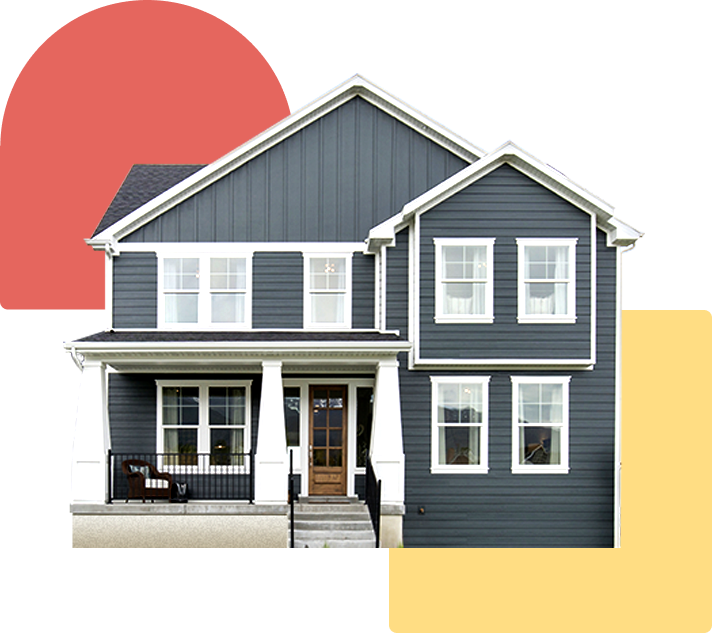
Determine how much insurance you need
Getting the proper amount of coverage when you choose a homeowner's policy can help prevent insurance hassles later.
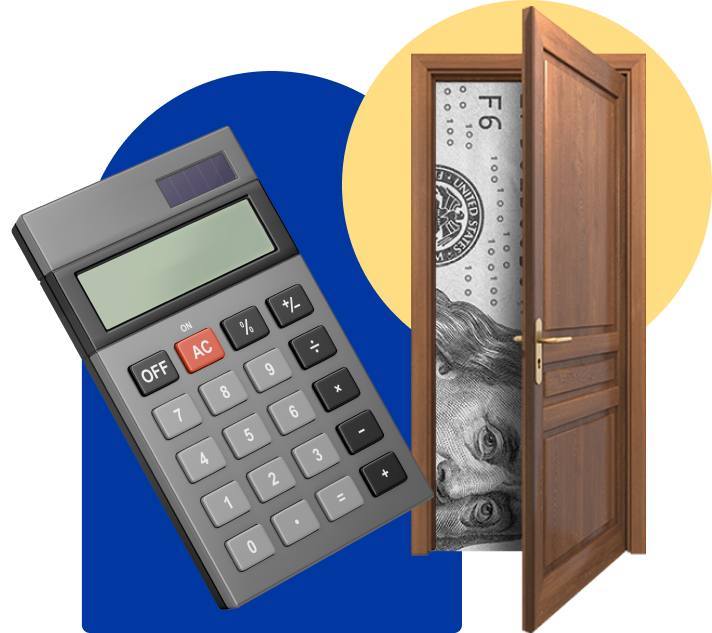
Compare home insurance companies
Get a feel for your options so you how know how to choose the best carrier for your home.

Get customized quotes for your home
Find out exactly what you can expect by getting accurate insurance quotes from top carriers.
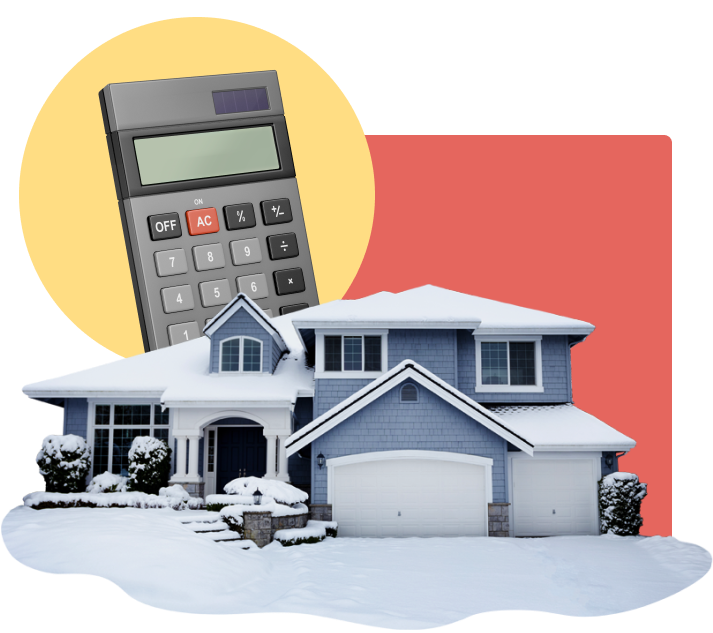
Explore coverage add-ons
Home insurance policies may not cover everything, like floods or home-based businesses. Check out this list for common exclusions you should be aware of
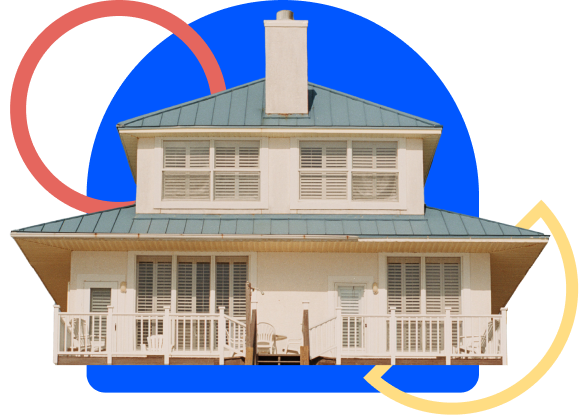
Purchase your home insurance
Once all the prep work is done, it's time to finalize your homeowners insurance and get that peace of mind. Here's how to make it happen.
Reviews from top homeowners insurance providers

Bankrate Rating = 3.8/5
Bankrate scores are objectively determined by our editorial team. Our scoring formula weighs several factors consumers should consider when choosing financial products and services.

Bankrate Rating = 4.3/5
Bankrate scores are objectively determined by our editorial team. Our scoring formula weighs several factors consumers should consider when choosing financial products and services.
Bankrate Rating = 3.2/5
Bankrate scores are objectively determined by our editorial team. Our scoring formula weighs several factors consumers should consider when choosing financial products and services.
Home Insurance Resources
Weather related home insurance coverages to consider
Latest Articles
-

The great Demotech scare of 2022: a catalyst for change in the Florida insurance market
Here’s what’s changed in FL’s insurance market since the 2022 Demotech scare.
8 min read Apr 16, 2024 -

Limited home insurance options in California as major carriers pull back
Bankrate tracks the CA home insurance market as providers limit coverage.
15 min read Apr 15, 2024 -

Recoverable depreciation in home insurance: what it is and how it works
Wondering what recoverable depreciation is on home insurance. Bankrate explains.
9 min read Apr 13, 2024 -

Does home insurance cover fences?
Fence damage? Learn whether your home insurance has you covered.
7 min read Apr 09, 2024 -
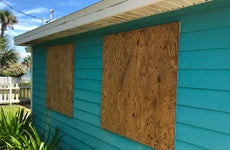
11 Ways to avoid hurricane damage
Bankrate’s guide on how to protect your home ahead of the 2024 hurricane season.
9 min read Apr 08, 2024 -

How to estimate your home insurance cost
Bankrate helps you estimate your homeowners insurance cost.
9 min read Apr 03, 2024 -

How to switch homeowners insurance when your escrow pays your premium
Learn how to switch homeowners insurance when escrow pays your premium
8 min read Apr 03, 2024 -

Does homeowners insurance cover treehouses?
A treehouse might be covered under Coverage B of your home insurance policy.
6 min read Apr 03, 2024 -

Actual cash value
What is actual cash value home insurance? Bankrate explains.
7 min read Apr 01, 2024 -

What to do if your homeowners insurance is canceled
Finding out your home insurance has been canceled or nonrenewed may leave you feeling vulnerable. After all, your home is likely one of your largest investments, and a home insurance policy can provide [...]
10 min read Apr 01, 2024




